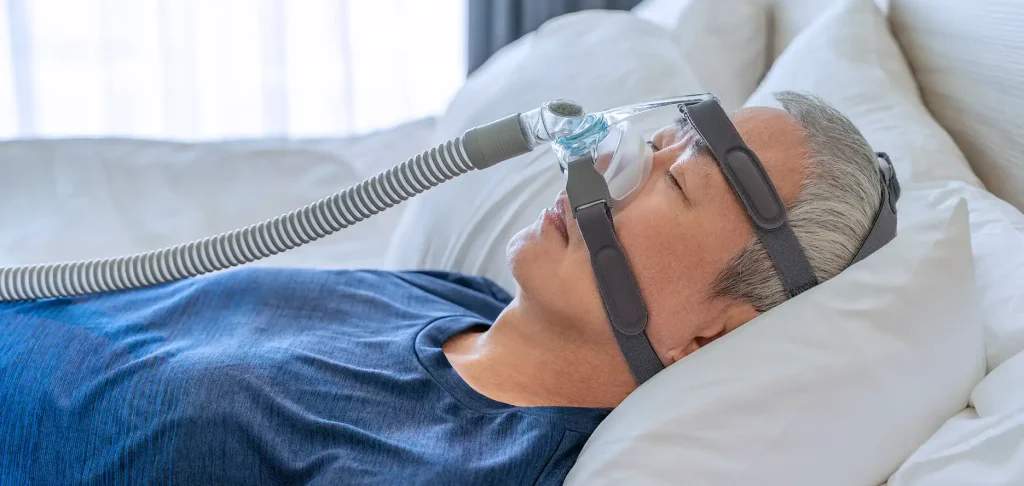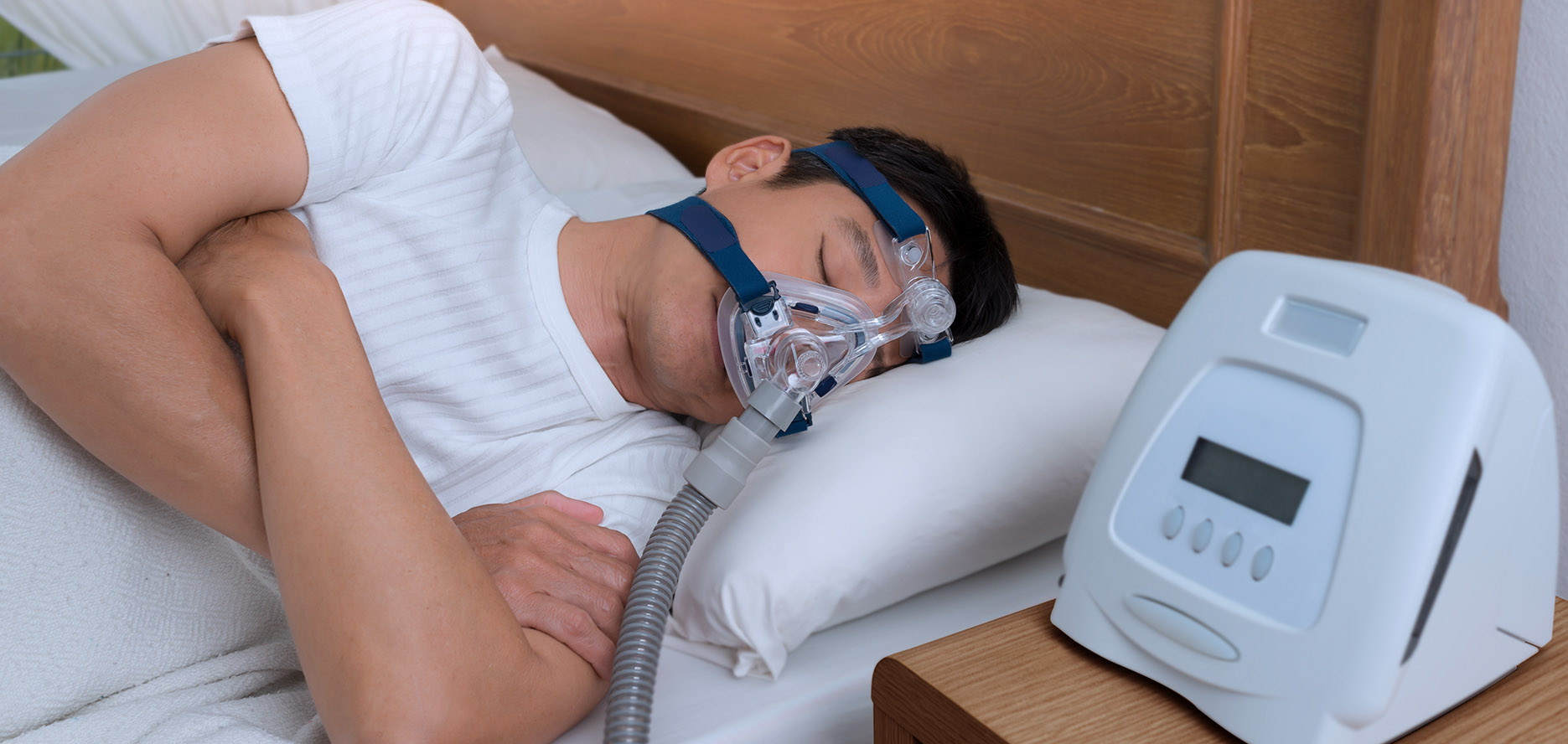If you live with type 2 diabetes, you already know it’s a condition that demands daily attention, from monitoring blood sugar to protecting the heart. Add sleep apnea on top, and the risks can climb fast. But here’s the encouraging part: new research shows CPAP therapy, a common treatment for sleep apnea, may actually lower the risk of death for people managing both conditions.
This isn’t just about sleeping better. It could be about living longer.
Why the Combination Is Dangerous
Type 2 diabetes and sleep apnea are more connected than many people realize. Nearly half of people with diabetes also have sleep apnea, though many don’t know it. Both conditions disrupt the body in serious ways: diabetes damages blood vessels, while sleep apnea repeatedly cuts off oxygen during the night.
Over time, this double stress raises the chances of high blood pressure, irregular rhythms, strokes, and even heart failure. That’s why scientists are taking a closer look at CPAP machines and the role they may play in improving survival.
What Does the Study Reveal?

According to the studies, people afflicted with diabetes and sleep apnea who use CPAP all the time are kept from dying more than their counterparts who don’t use CPAP regularly. What is the take home point? The benefits of CPAP for treatment go far beyond mere snoring reduction or energy elevation.
By keeping airways open, CPAP restores steady breathing and oxygen flow through the night. That relieves stress on the heart, lowers blood pressure, and may even help regulate blood sugar. For people caught between two serious conditions, that’s a powerful combination.
That’s why the best cardiologists in Suncity highlight the wide-reaching CPAP treatment benefits for anyone facing both conditions.
What This Means for the Heart

Both type 2 diabetes and sleep apnea are tied to heart disease. Put together, they magnify the threat. Uncontrolled blood sugar damages vessels. Oxygen drops during apnea force the heart to work harder. Over time, that’s a recipe for cardiovascular trouble.
Here is where a CPAP can change the narrative. Regular use may lessen the pressure on the heart and can also level down the probabilities of unwanted events like arrhythmia or stroke. For patients already worried about type 2 diabetes and heart health, CPAP could be a critical piece of their care plan.
Why Some Patients Struggle
Here’s the challenge: CPAP therapy isn’t always easy to stick with. Some people complain about the mask feeling awkward, the noise of the machine, or dry air. It’s no surprise many give up after a few tries.
But experts say the payoff is worth pushing through the adjustment phase. Trying different mask styles, using humidifiers, or working with an interventional cardiology specialist/sleep apnea specialist can make all the difference. By getting the right support from the reputed heart care center in Suncity, most patients can adapt and see the life-saving benefits.
A Real-Life Example

Consider Mark, a 57-year-old with type 2 diabetes who struggled with constant fatigue. A sleep study revealed severe sleep apnea. At first, he hated the CPAP mask. But with help from the best cardiologists in Suncity, he found a setup that worked. Within weeks, his energy improved. Months later, his blood pressure was down, and his blood sugar readings were more stable.
Stories like his remind us: treating both conditions together doesn’t just improve daily life, it protects long-term survival.
Final Thought
Diabetes and sleep apnea are each tough on their own. Together, they put the heart in real danger. But research shows there’s hope in a simple device that many patients already have access to: the CPAP machine.
This therapy doesn’t just quiet snoring, it could lower the risk of dying from complications. With early diagnosis in a reputed heart care center in Suncity, patients can take back control of their nights and protect their future.
Sometimes, better sleep really can mean a longer life.



